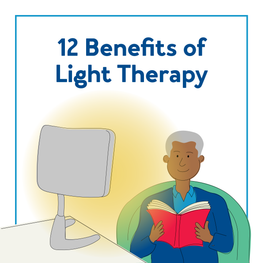How Does Melatonin Work?
When it starts getting dark, your brain produces and releases a hormone known as melatonin. This hormone is responsible for regulating your circadian rhythm, or 24-hour internal clock. However, in some cases, your body doesn’t produce melatonin at the appropriate times or amounts, so a melatonin supplement is necessary.
In this article, we’ll explore what melatonin is and how melatonin works.
What is Melatonin?
As mentioned, melatonin is a hormone produced by your body- more specifically, the pineal gland in your brain- and released into your bloodstream. Darkness triggers the production of this hormone, and light halts it. Therefore, it helps synchronize our sleep/wake cycle with night/day. This facilitates a smooth transition to sleep and promotes consistent, quality rest.
While melatonin is produced naturally within the body, known as endogenous melatonin, there are some cases where a supplement is needed. In this case, it’s known as exogenous melatonin, which is synthetically made as a dietary supplement in a lab- typically in liquid, chewable, capsule, or pill form.
Melatonin Supplements and Sleep Improvement
It’s proven that natural melatonin plays a role in quality sleep- so it’s only natural to assume that a melatonin imbalance can be addressed using melatonin supplements.
Current research indicates that melatonin supplements are beneficial for both adults and children in certain situations.
Adults
Research indicates that adults experiencing sleep issues due to jet lag or DSWPD (delayed sleep-wake phase disorder) benefit from using a melatonin supplement.
DSWPD is a disorder affecting the circadian rhythm where an individual's sleep schedule is shifted later. It can be challenging for individuals affected by this "night owl" schedule to get adequate sleep if they have obligations that require them to wake up early. Research indicates that a low dosage of melatonin taken before bed can help with adjusting sleep cycles.
Jet lag occurs when individuals travel across several time zones because their body's natural internal clock is affected by the local day/night cycle. Some research indicates that melatonin supplements can help reset the sleep/wake cycle and improve sleep in those experiencing jet lag.
Those who work during the night often struggle with sleep difficulties due to a misalignment with their circadian rhythm. While some people have reported benefits from using melatonin, studies regarding the efficacy of melatonin for shift workers are inconclusive at this time.
There is some debate regarding the benefits of melatonin for adults who struggle with insomnia but are otherwise healthy. Some research indicates that it’s helpful, while others indicate that it’s not. Overall, the results are inconclusive.
When it comes to side effects, there are very few notable issues- so even though the benefits are not clear in some cases- those with sleep issues may be willing to try it. Of course, there are melatonin pros and cons, so it's best to consult with a medical professional before trying this or any other supplement for sleep.
Children
Some studies indicate melatonin is beneficial for children with sleep issues- but experts agree that there needs to be more research to understand melatonin use in children.
Some research indicates that melatonin may help children fall asleep quickly and improve their sleep time. According to the AAP (American Academy of Pediatrics), melatonin may be useful as a short-term solution to assist children with establishing good sleep habits and a healthy sleep schedule.
There is some indication that melatonin is beneficial for children with certain conditions such as epilepsy or ASD (autism spectrum disorder). Nearly all of the existing information indicates that more research is needed to clarify melatonin use in children, including optimal dosage, duration of use, and long-term side effects.
Due to the uncertainties surrounding melatonin use in children, it’s recommended that you work with your child’s doctor before giving it to them.
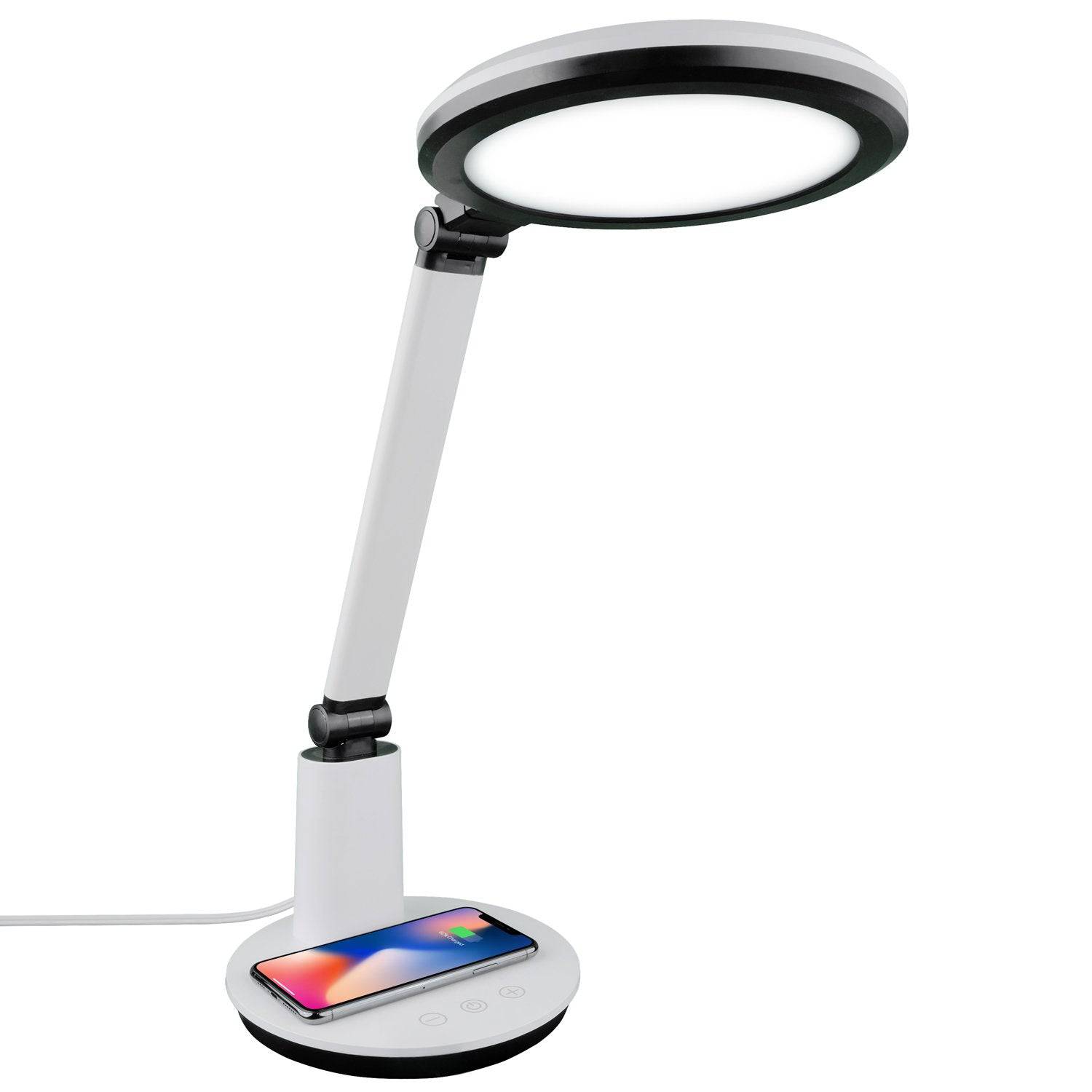

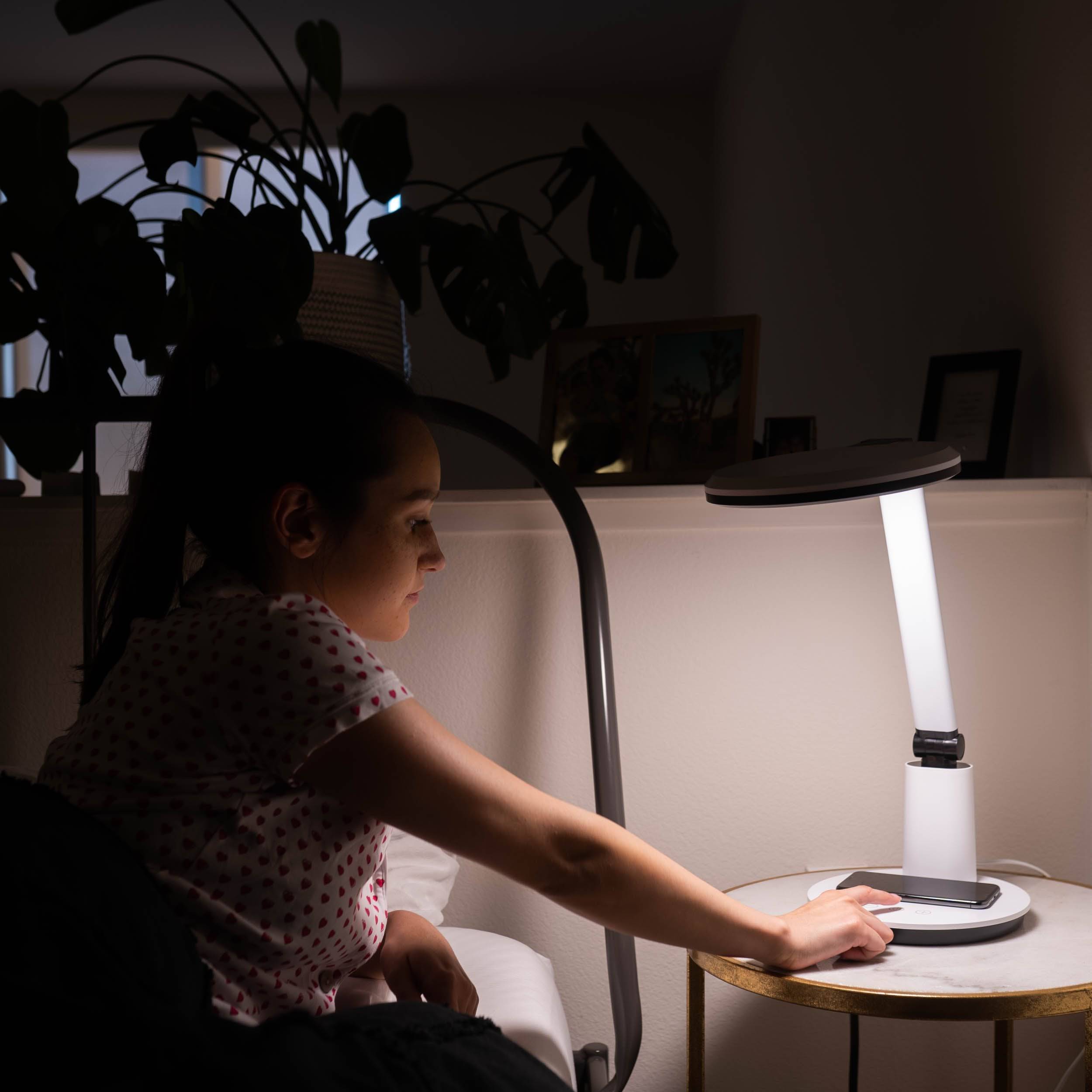

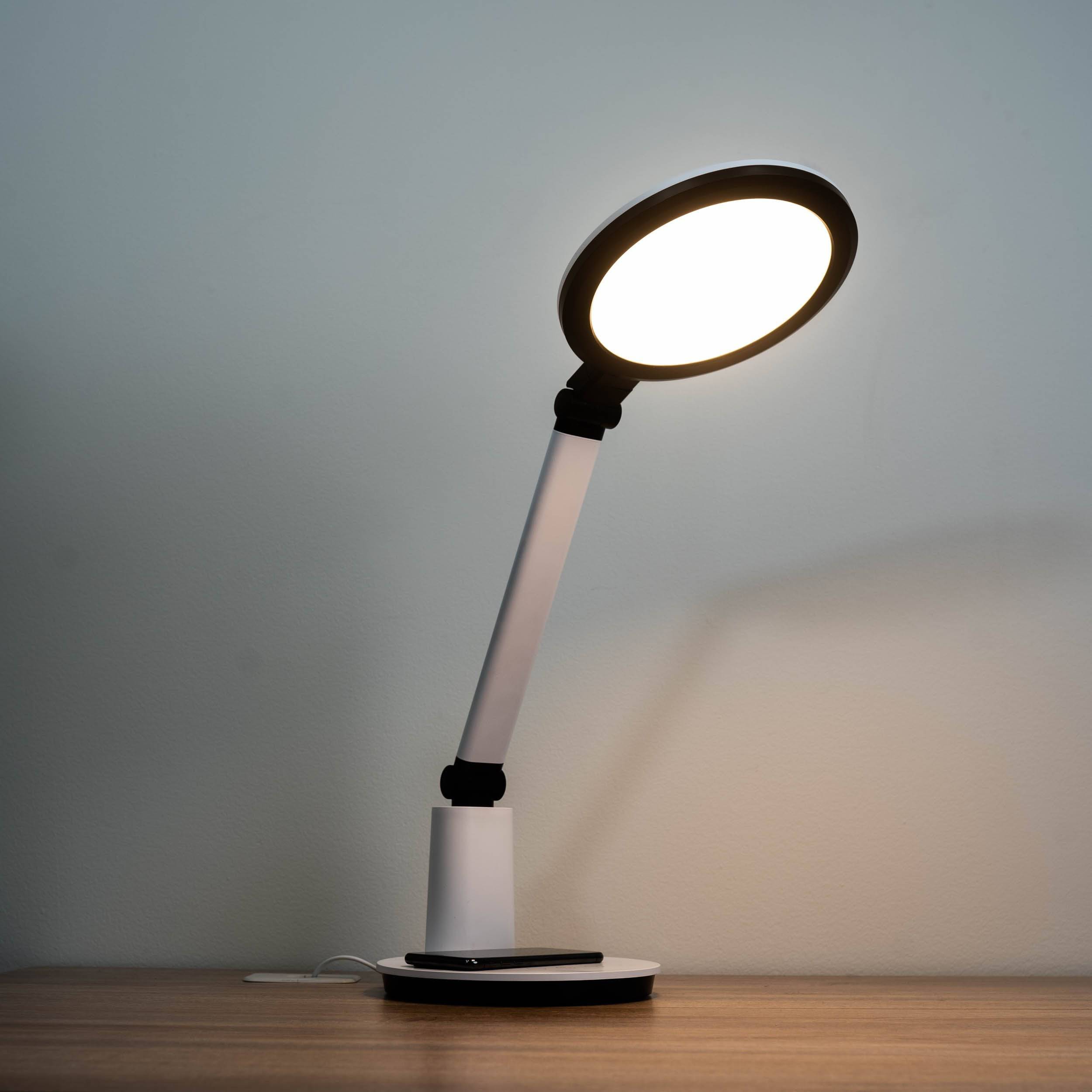


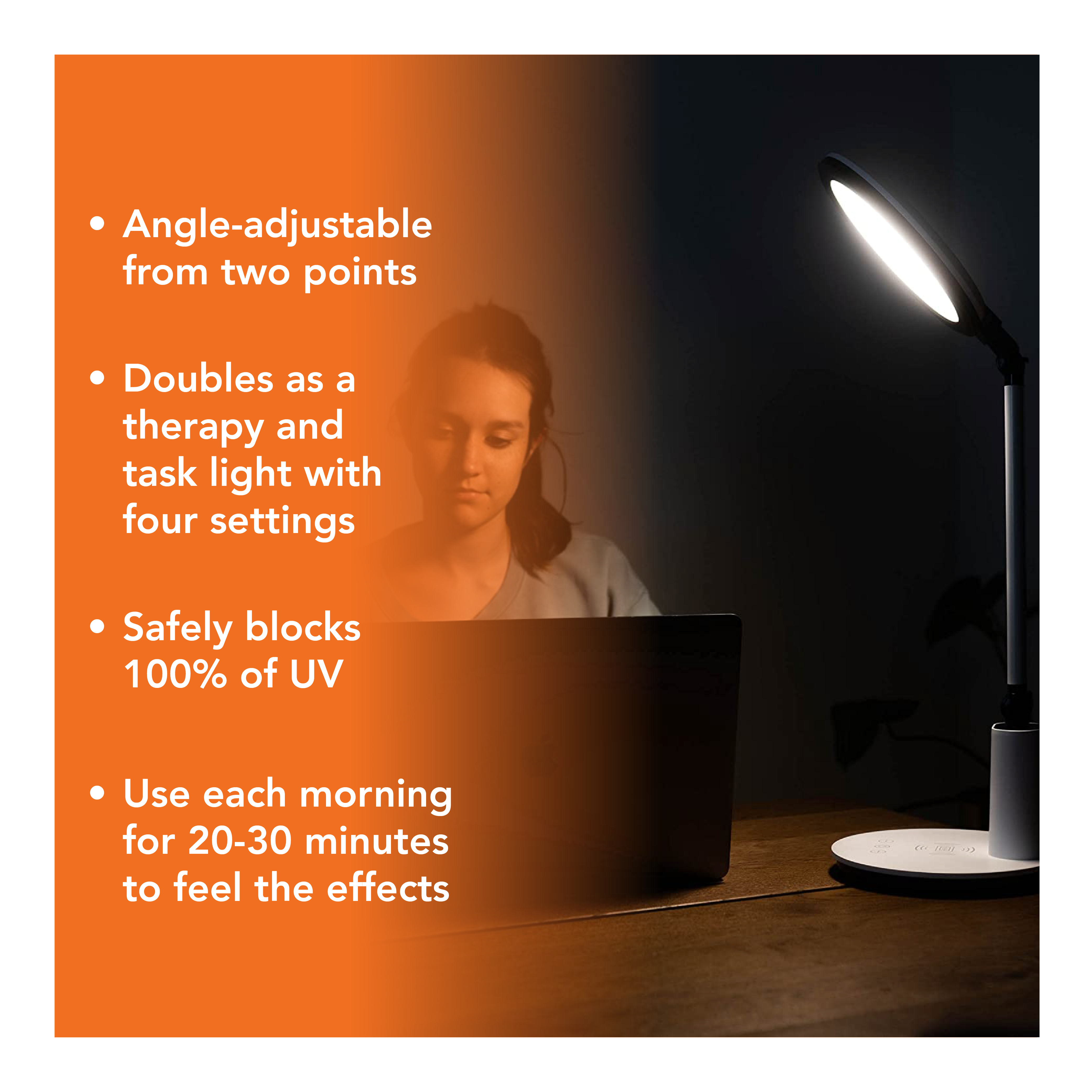
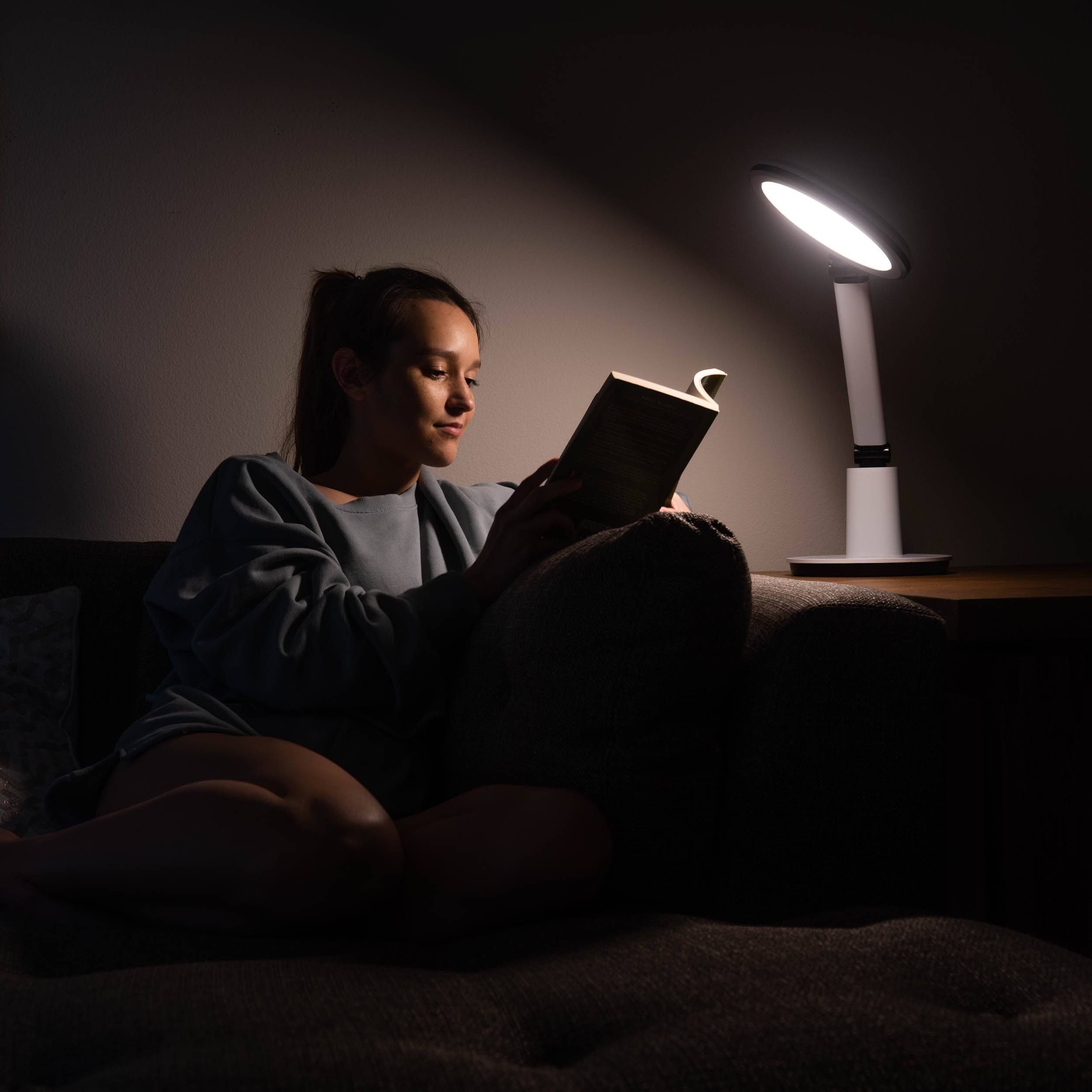
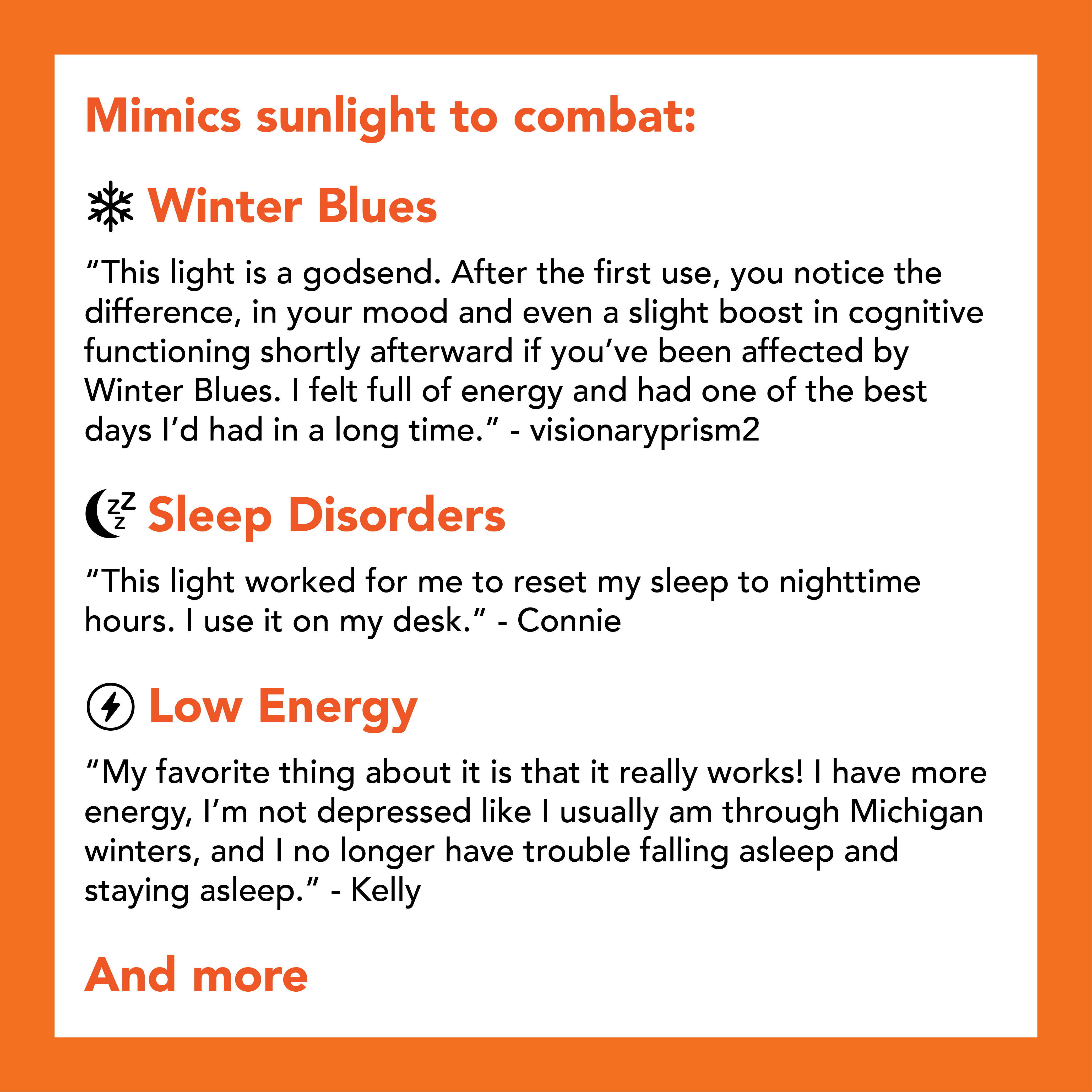

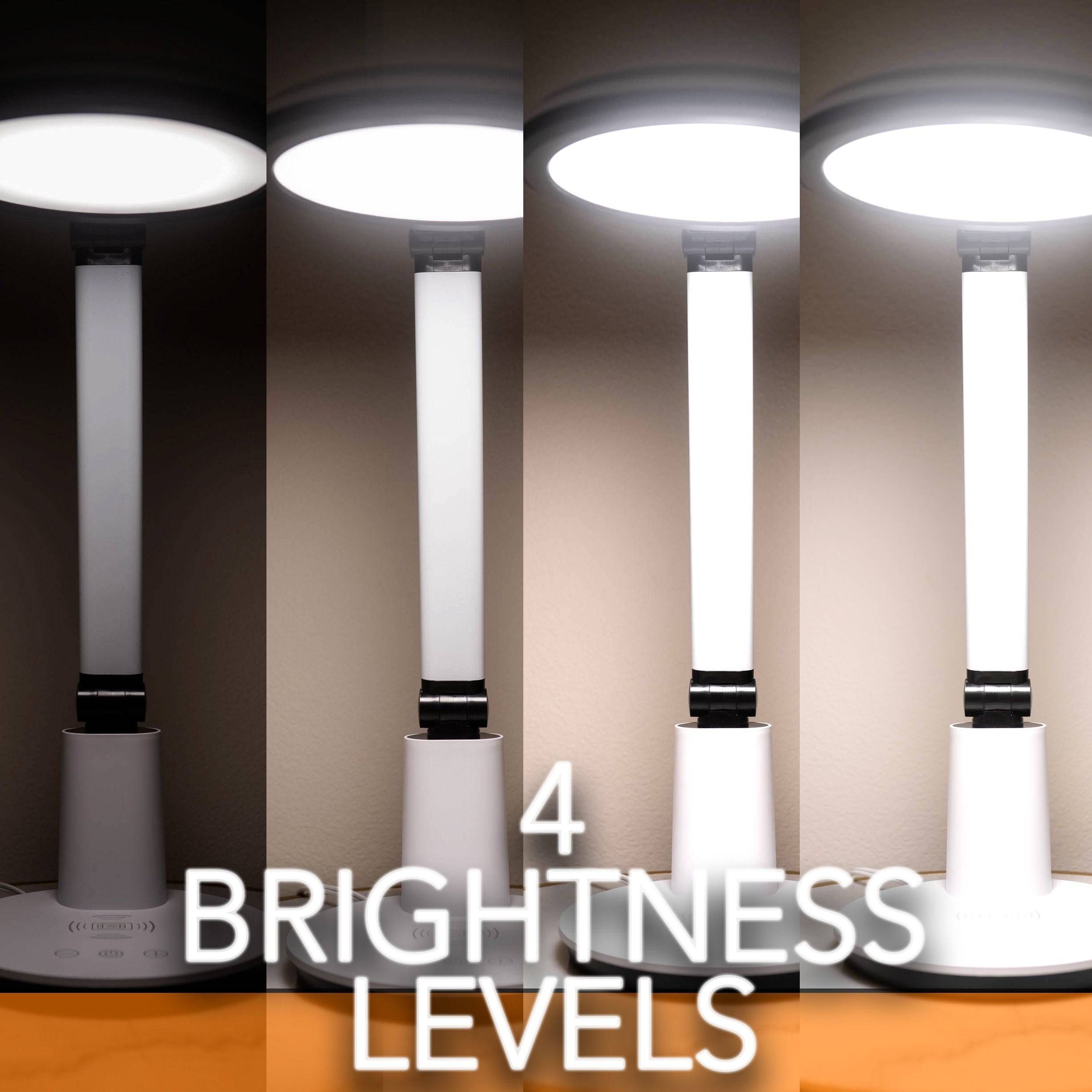
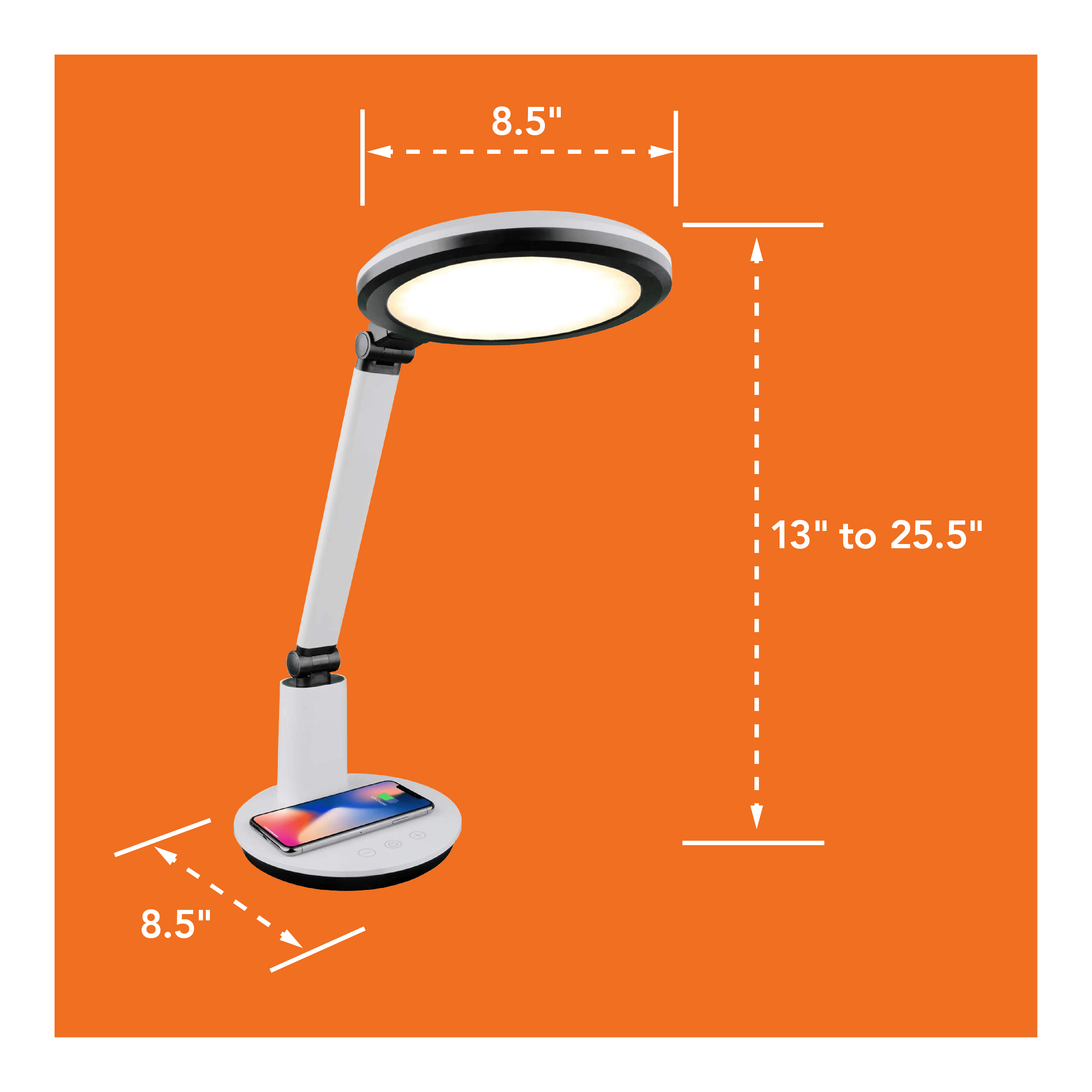
Light Therapy for a Boost of Melatonin
⭐⭐⭐⭐⭐
"Great help in resetting sleep pattern! This light worked for me to reset my sleep to night time hours. I use it on my desk. I just have to remember to turn the light down when using it for normal desk work." - Connie
SHOP NOWTips for Improving Sleep Habits
If you are struggling with sleep issues, there are some things you can do to develop healthy sleep habits. Even in situations where melatonin seems beneficial, improving sleep hygiene, such as environment and sleep routines, can help.
Taking the time to talk about melatonin with your physician can help reveal whether there might be an underlying sleep disorder. For example, sleep issues such as excessive sleepiness may uncover an issue such as sleep apnea. While some people ask can melatonin help sleep apnea, the truth is that melatonin is not appropriate therapy for this condition. You will need to work with your doctor to come up with more effective treatments.
Side Effects of Melatonin
Research indicates that there are few side effects related to the short-term use of melatonin supplements. For most people, it is well-tolerated. Some of the most common side effects are dizziness, daytime drowsiness, and headaches. However, only a small percentage of people will experience these.
The side effects children experience are the same as adults. However, some children do experience an increased risk of bedwetting and/or agitation.
Talking with a doctor before taking melatonin is necessary for both adults and children because this can prevent potential allergic reactions or harmful interactions with other medications that you might be taking. Individuals who have been prescribed blood thinners or anti-epilepsy medications should talk with their physician regarding potential interactions.
According to the American Academy of Sleep Medicine, melatonin should not be given to individuals with dementia- and there's not much research regarding the safety of melatonin for pregnant or breastfeeding women.
Additionally, there's not much research regarding the long-term effects of melatonin in children or adults. There is some indication that long-term use of melatonin could delay puberty in children- but the results are inconclusive at this time.
Since these effects are not clear, individuals using melatonin should keep the conversation open with their physician regarding sleep quality and overall health.
Appropriate Melatonin Dosage
When it comes to optimal melatonin dosage, there's no clear consensus. However, most experts do agree that extremely high dosages should be avoided. Study dosages range from .1 to 12 milligrams, with the typical dosage being between 1 to 3 milligrams. Of course, the individual's age and sleep issues determine the most appropriate dosage and thus will vary from one person to the next.
As mentioned, one of the potential side effects of melatonin is daytime sleepiness. This could be an indication that the dosage is too high. Experts advise that if you are using melatonin, start with a low dose and work your way up with the supervision of your physician.
The American Academy of Pediatrics advises that most children respond to small dosages of .5 to 1 milligram. It is advised that you do not give children dosages above 3 to 6 milligrams. Additionally, there is some indication that lower dosages are beneficial for adults.
Conclusion
The body naturally produces melatonin in response to darkness, and production is ceased due to the body's exposure to light. However, in some cases, your body doesn't produce adequate levels of this hormone, and a supplement is necessary. Be cautious when taking melatonin, and always do so under the supervision of your doctor.
Additional Melatonin-Related REsources
About the Author

Brandon Landgraf is the Digital Marketing Manager for Carex Health Brands. He finds passion and fulfillment in creating content that enhances, improves, and enlivens others' quality of life. All of his written work is formulated to not only offer essential advice and tips but back it with proven studies and experts. His mission is to connect with readers and provide steps to make their lives better.
You can connect with him on LinkedIn here.
About Carex Health Brands
Carex is your one-stop shop for home medical equipment and for products that assist caregivers with providing the best possible support and care for their loved ones. Carex Health Brands has been the branded leader in in-home, self-care medical products for over 35 years. Our goal is to improve the lives of our customers by bring them quality products that bring dignity back to their lives. With our three nationally distributed brands, Carex Health Brands serves national, regional and independent food, drug and mass retailers along with wholesalers, distributors and medical dealers.




